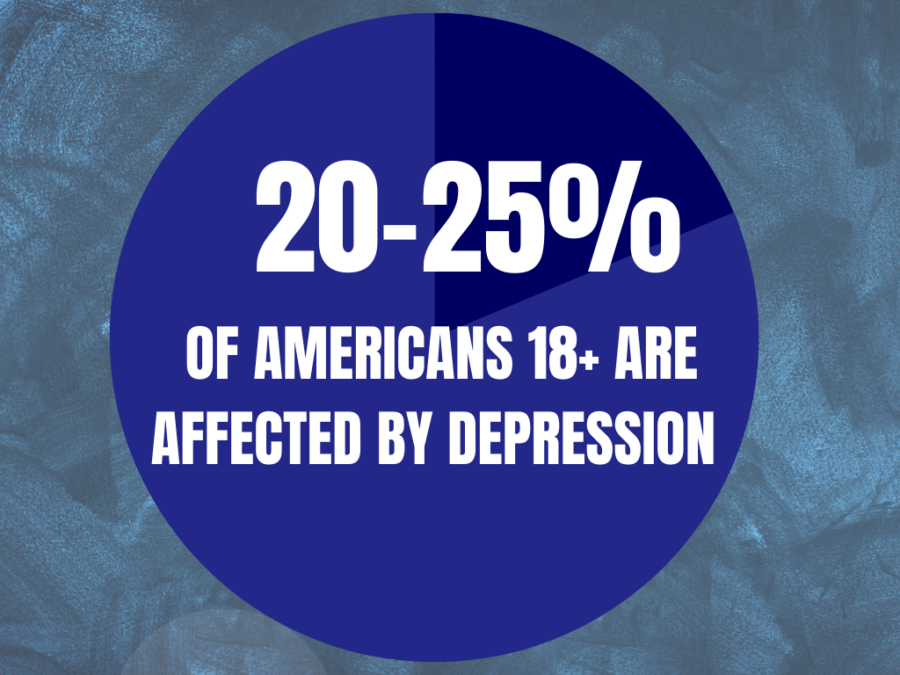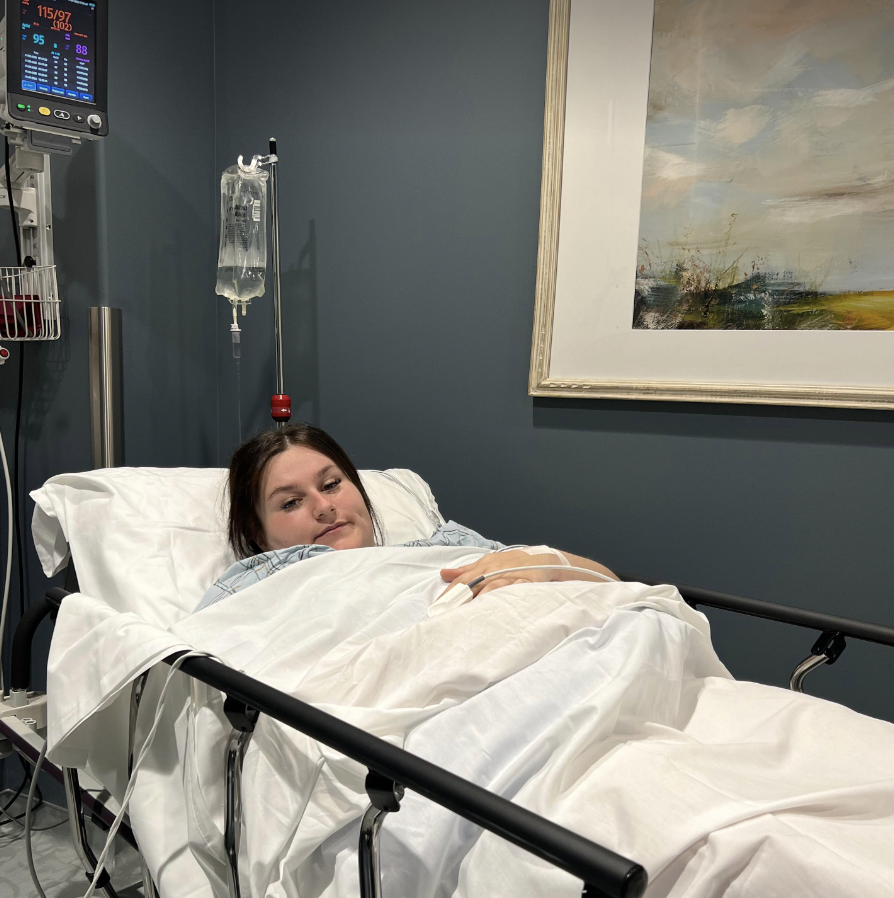
Students shared their original research at Weber State University’s 10th Annual Undergraduate Research Symposium and Celebration on Monday. The symposium included both oral and poster student presentations in a variety of academic areas, as well as a lunch for students and their mentors to celebrate their accomplishments.
Undergraduate research is a collaboration between students and faculty. A faculty member becomes a mentor for the student. They work together to discover and create new possibilities within the student’s academic interests. Projects can be creative, scholarly or research-based and are meant to encourage students to think critically and independently. Students pick their mentors based on the topic of their research.
“A mentor is generally a professor that the students have worked with in the past,” said Erin Bryner, the Office of Undergraduate Research manager. “They have developed a relationship with the professors by taking a few classes from them, and then the student will start working with the mentor to begin their research.”
The mentors offer their time and resources to help each student succeed in their research.
“They devote so much of their own time to what we do,” said Wesley Mahurin, an electronics engineering major. “They’re devoted to us. We’ve had them here 6, 7 o’clock at night trying to help us solve problems. They’re here for us.”
Students said they learned important lessons being involved in undergraduate research. Whether the research is done individually or in groups, students learn how to find sources and put together presentations. They are able to delve deeper into their fields of interest and gain better understanding of their majors.

“I think research is very important,” said Andrea Prigmore, a communications major. “It gives us an opportunity to really broaden our horizons and dig deeper into the topic that we’re interested in.”
During the symposium, students presented their research and answered audience questions. Many presenters expressed their new understanding of the benefits of research to them as students.
“It’s very beneficial,” said Kelsey Johnson, a medical laboratory sciences major. “It teaches me, one, how to work with other students; two, how to research; and three, it presents problems that you have to work around. It really helped me understand how much effort research is and how much people really put into it.”
Research projects can also open the door for possible future projects or internships.
“It’s been fantastic,” said Michael Petersen, an electronics engineering major. “It got two of us internships just being involved in this project.”
Some students said they hope their research can serve as a foundation for future students to build on. A long-term goal of Mahurin and Petersen, whose group worked with WSU’s HARBOR program, is to have the sensor boards they designed and built for atmospheric weather balloons used throughout the Wasatch Front to gather a better understanding of air pollution.
“We’ve designed it,” Petersen said. “We’ve done the work. We’ve made it inexpensive. We’ve made it lightweight so that students in the future can take of bunch of our instrumentation and do some real data gathering, real research.”
Students must attend a workshop and prepare a research proposal in order to apply for grants to fund their projects. Funding for each project comes from both the Office of Undergraduate Research and donations made by individuals and organizations in the Ogden area.
“The Office of Undergraduate Research does some funding,” Bryner said. “We have four funding rounds per year. We award research grants that will help buy materials. Most of the money comes from donors, and we distribute it.”




















